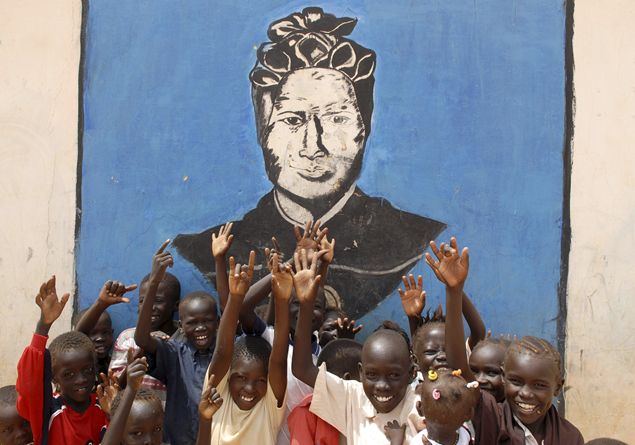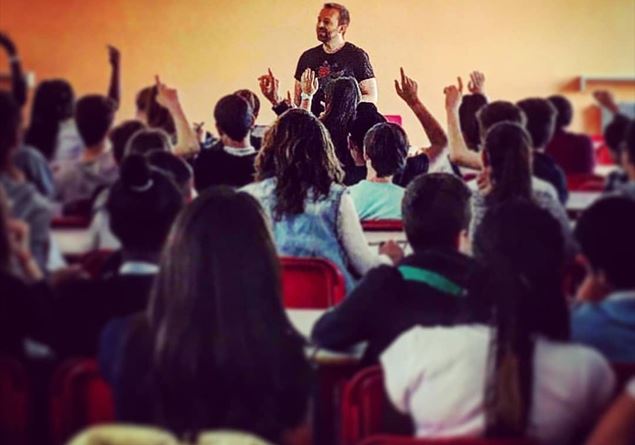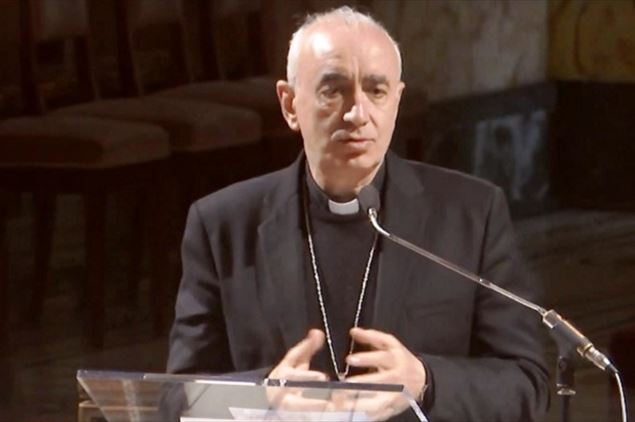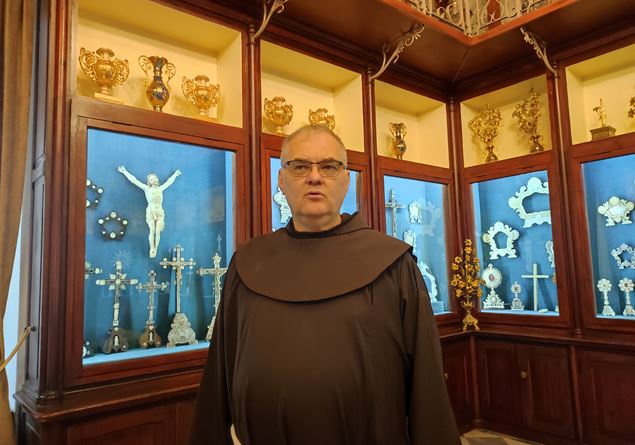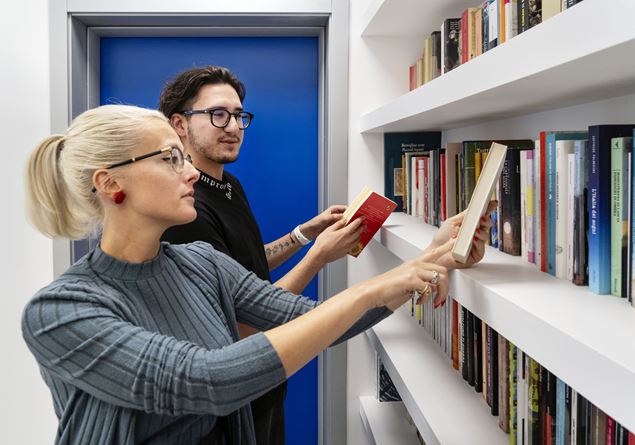
The pandemic has left a profound mark on the habits of Italians, modifying the way they spend free time, use the Internet and adopt sustainable behaviors. This is what emerges from the study Behavioral Change of the Catholic University of the Sacred Heart, which between 2021 and 2024 monitored the evolution of post-covid habits.
According to research, 30% of the population consolidated the use of the web for daily activities, with an increase of 23% in professional use and 37% for free time. However, the differences are marked: young people, men and inhabitants have changed their habits more than the elderly, women and people residing in less densely populated areas.
Sustainability also recorded progress: one in three Italians has increased the consumption of ecological products and the reduction of waste. But the gap is evident: in urban centers the percentage of those who have adopted more green habits is double compared to rural areas, with a particularly strong gap in the South.
On the economic front, however, the picture is less positive. The expenses in neighborhood stores decreased by 15%, while the catering sector saw a 43%collapse, with heavier impacts on the economically weakest bands.
The research involved 4576 Italians, divided into two surveys (2021 and 2023), and highlighted how the Pandemics accelerated changes already taking place. But the transformations have not been homogeneous: targeted policies are needed to reduce inequalities and encourage the spread of virtuous behavior.
“The pandemic has acted as an exogenous shock that accelerated transformations already underway, but its influence on the population has been uneven,” explained the coordinators of the study Emanuela Mora and Mario A. Maggioni. The final conference, held in Milan, saw the participation of experts in economics, psychology and sociology, in addition to the intervention of Enrico Letta and Francesco Billari, who deepened the generational impact of the health crisis.

